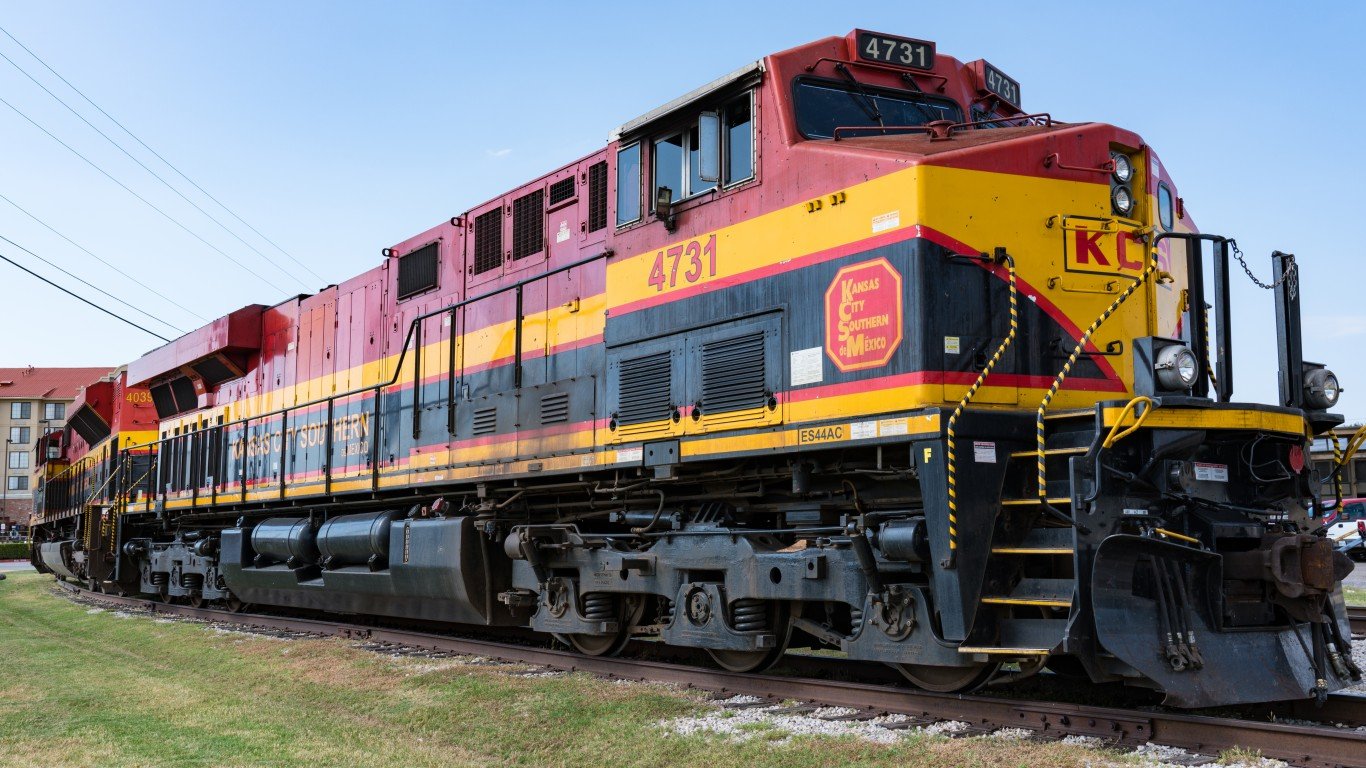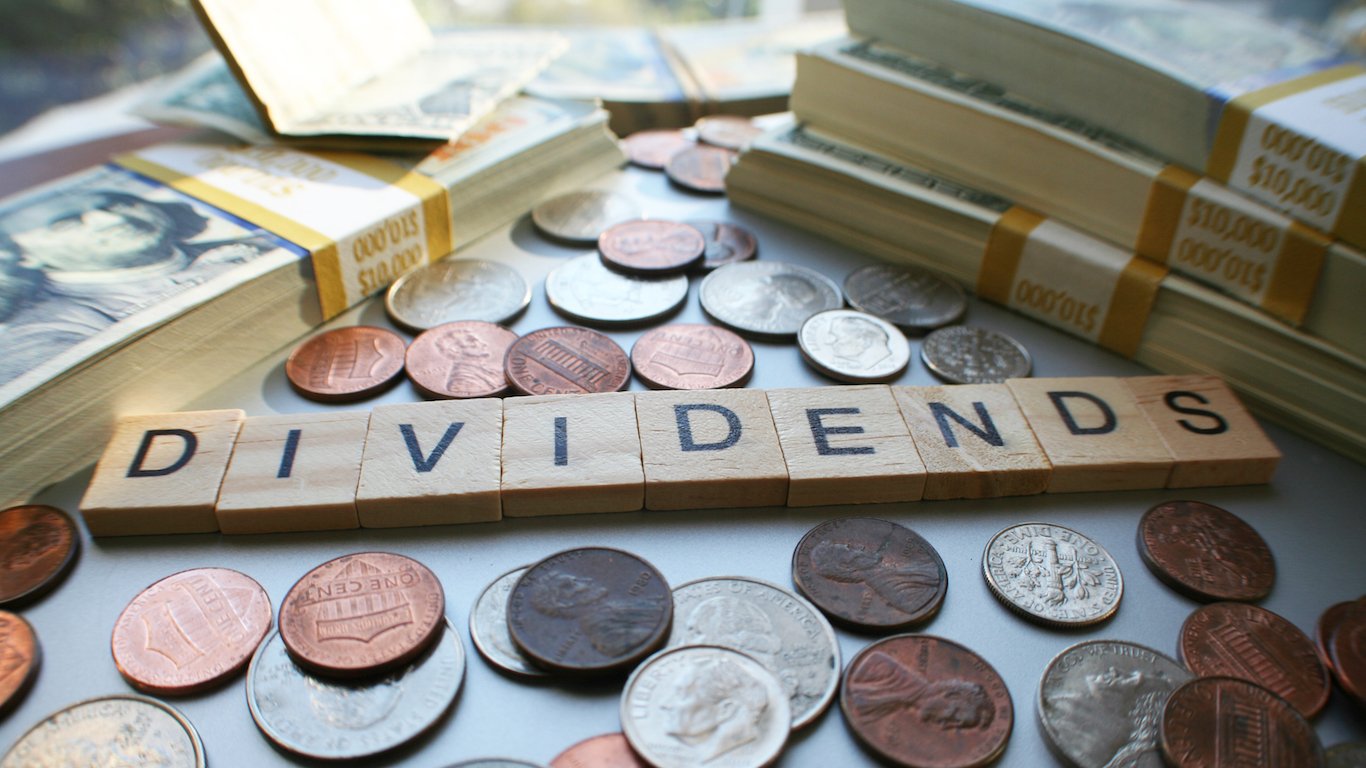

The private equity arena seems to be losing at least some of its clout. Despite access to billions and billions of dollars as capital, private equity firms learned that the massive buyout binges before the Great Recession more than a decade ago just did not assure long-term profits. Many of the private equity firms are now publicly traded, and that means they have shareholders as stakeholders to answer to, on top of their clients who invest in their funds. In short, there are limits to how much even billionaires can pay for any given company.
Kansas City Southern (NYSE: KSU) is among the largest of the publicly traded railroad operators in America. Its stock is now close to an all-time high, but that may be due to reports of private equity buyout interest rather than that just the massive stock market recovery since March.
Recent news reports have suggested that Blackstone Group Inc. (NYSE: BX) and a firm called Global Infrastructure Partners have approached Kansas City Southern about a takeover of the company. The reports started coming out on July 31, and Kansas City Southern’s stock surged to about $172, after being under $157 the prior day. By August 6, the stock was up to $185.
Despite the buyout reports having taken even more specifics of close to $20 billion, roughly $208 per share, shares of Kansas City Southern are currently closer to $185, after having peaked at $200 on September 9. The current reports have suggested that Kansas City Southern’s board believes that the railroad is undervalued even at that price.
There is no doubt that Kansas City Southern would be a valuable acquisition target, but the price will of course be a determining factor. As tensions are high between China and the United States, this leaves a massive opportunity for trade to grow between the United States and Mexico and other nations in Latin America. This is what makes Kansas City Southern so valuable.
The railroad operator has roughly 6,700 route miles of track located in the United States and Mexico, and it offers seamless cross-border transportation into and out of Mexico with preclearance from customs. It carries minerals, agriculture, energy, autos and other goods over its network from Mexico to the Midwest and Gulf Coast regions of the United States.
With a $17.5 billion market capitalization today, the question now is why $20 billion is not good enough. Some analysts on Wall Street have very mixed views about what Kansas City Southern actually should be worth. Rail mergers are not exactly the norm in today’s business climate, but past deals may offer some insight against current valuations.
The great Warren Buffett and Berkshire Hathaway Inc. (NYSE: BRK-B) paid roughly $34 billion in equity and took on roughly $10 billion in debt to acquire Burlington Northern Santa Fe in a deal that was announced in late 2009. Estimating that equity value today would be somewhat guesswork, particularly now that the economics of shipping crude oil out of shale regions is vastly different. Still, without adjusting for dividends, the stock price of Kansas City Southern was closer to $29 back then, and its shares had been north of $40 before the Great Recession.
It seems unlikely that Buffett would try to say that BNSF is now worth five times more than he paid for it. It is also harder to value railroads in a pandemic when so many of the railroad industry workers are still either furloughed or working fewer hours.
Thank you for reading! Have some feedback for us?
Contact the 24/7 Wall St. editorial team.
 24/7 Wall St.
24/7 Wall St.


